Children’s Fear of Being Alone
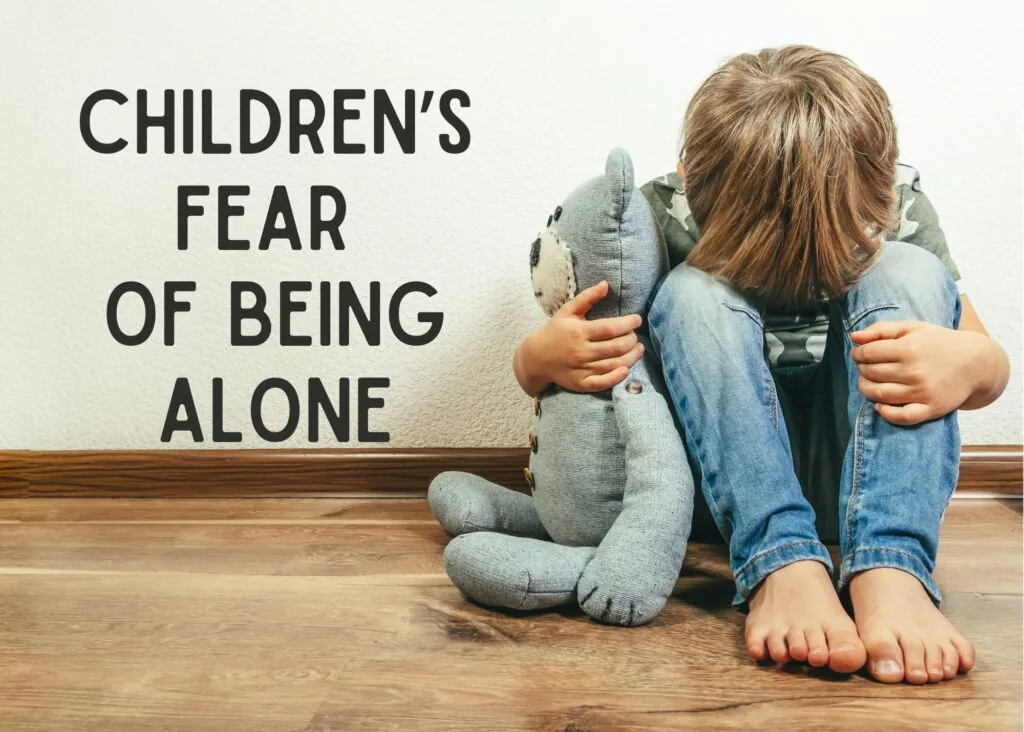
Kids face a lot of fears that may seem too insignificant to pay attention to.
However if not noticed timely, they can cause other problems and damage your child’s mental health. They may cause discomfort and provokes unnecessary stress. By the way, an article in Child & Adolescent Psychiatry proves that loneliness triggers anxiety and depression in kids.
So, is fearing loneliness a fear or a phobia? It’s important to know how to name feelings. It`s called monophobia or autophobia. And, fortunately, you can help your little one to avoid it or get rid of the fear if it’s already affected their life.
How to Help a Child with Fear of Being Alone?
According to a 2018 survey, 14% of children aged 10-12 said they often felt lonely during the day. Although having a fear of being alone and loneliness are not the same things. You may not even guess that your little one faces such difficulties.
The fear may be so deep that you can hardly resolve it. In such cases parents should seek professional advice.
But don’t feel helpless just yet. You can help your kids if understand what’s happening with your kids. So, look at the symptoms of monophobia and discover ways to pull your child out of it.
What is Monophobia?
The fear of being alone means that a kid has hard time being on their own. The most common example is the fear of spending some time in an empty room or staying home alone. Children may also be afraid of being left alone or separated from their peers in a kindergarten or a school.
Some kids may be scared when left alone among strangers. That is a sign of the inner insecurity they experience. Infants express their fright by crying when being touched or taken by a stranger’s hands.
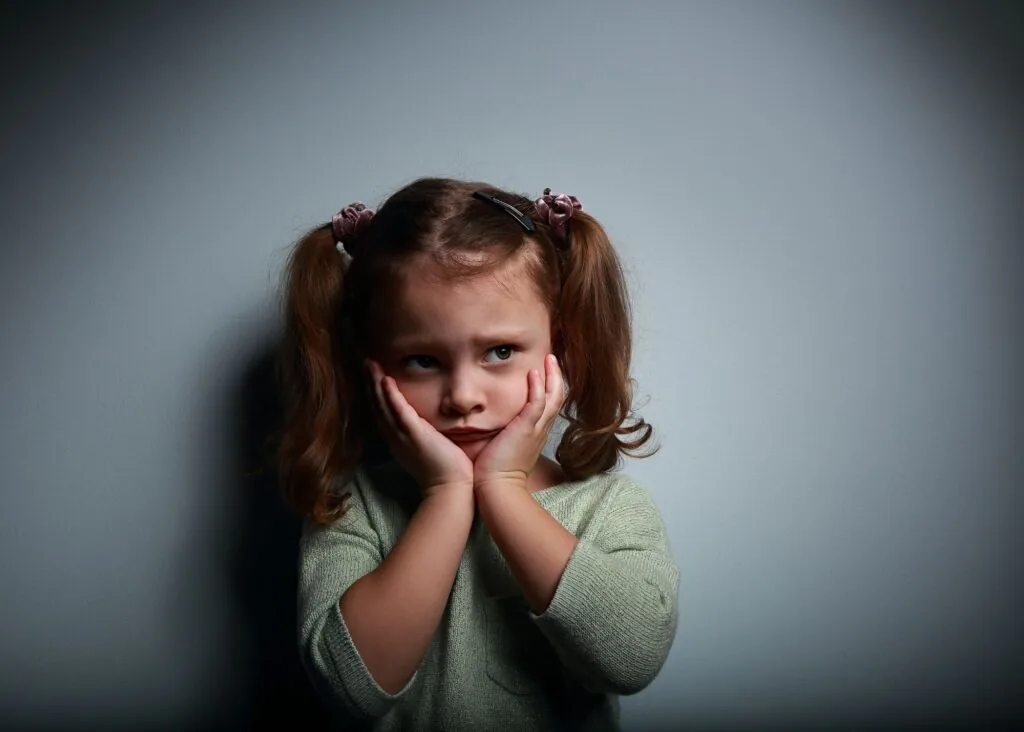
Symptoms and Signs of Monophobia in Kids
How to recognize the signs of monophobia? There are several markers:
- Temper tantrums when expecting alone time;
- Nervousness before being left alone;
- A kids look for a chance to reunite with adults right after they’ve been left alone;
- A child is too concerned with the very fact of being without his family for a certain period of time. The signs are frequent questions, especially those concerning whether parents will come back for them, etc.
- Crying and mental breakdowns when being alone;
- A kids refuse to separate from his close ones;
- They cannot get distracted by his favorite toys;
- Changes in sleeping and eating habits;
- Changes in emotions (a kid is too clingy, angry, sad, etc);
- Bad habits such as thumb-sucking;
- Asking more questions concerning his time alone, etc.
By the way, you should also know that it’s OK for 2-5 years old to be scared of being left alone. It becomes a problem only if they cannot get used to it, or if it often provokes negative feelings. Also, the signs given above may not prove that your little one is scared of loneliness indeed. Make sure no other trigger stress. For example, kids might be afraid of a picture on the wall or a spider under a bed and not the very fact of abandonment.
Children are also exposed to the phobia of being alone in the dark. They can easily spend time without adults in an isolated room during the daytime but anticipate the dark time.
What phobia is fear of being alone in the dark? It’s called nyctophobia. You should also look into that.
Also, kids perceive time in a different way than adults do. It means that children may not be terrified but bored. Use a feelings chart to distinguish your child’s emotions.
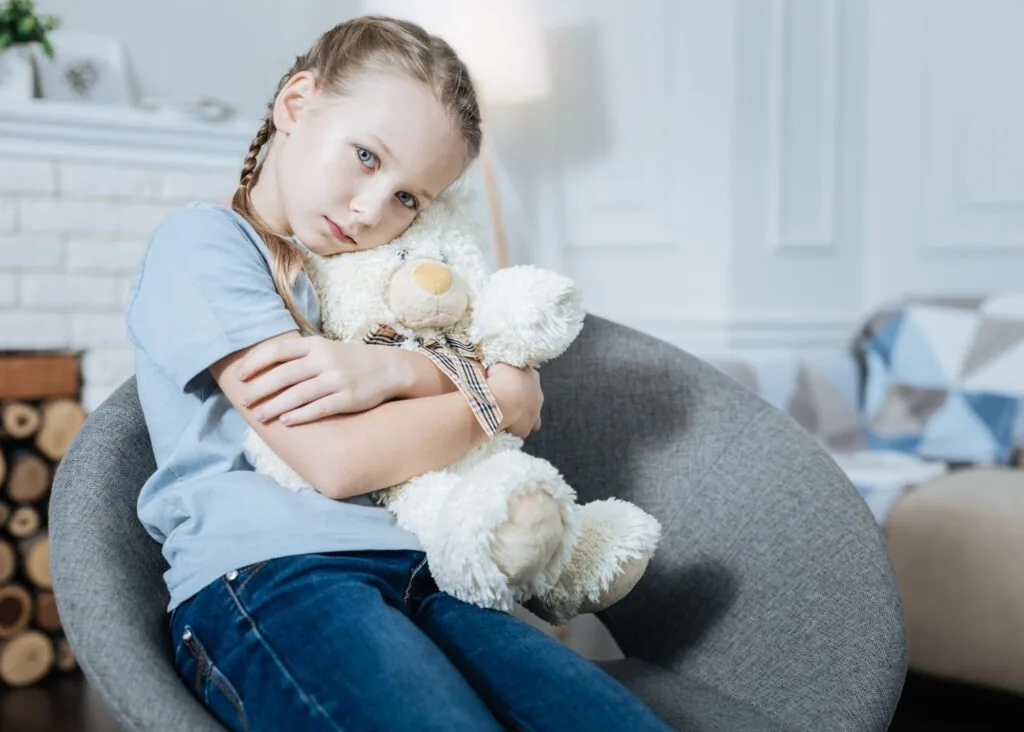
What Are the Causes of Monophobia?
In most cases, parents are the reason for the fear their kid struggles with. It means that your patterns of behavior are misunderstood or misinterpreted by your kids. A girl who was warned not to use matches in her childhood, now, being an adult, still feels nervous to light a candle with those. Little things do have a great impact on your kids.
But what to tell about the fears that were imposed on purpose? An impressive example is scary stories about the boogeyman. If you scare your child for fun don`t be surprised by his fears of being alone.
A kid may also be frightened if you have left him alone accidentally or to punish him (never-ever do that!). Other reasons may be watching scary movies, experiencing bad incidents, or circumstances that had happened when a kid was alone (car crash watched through the window, excessive sound, a shelf falling, etc.). By the way, to make your kid mentally stronger, teach him coping strategies.

How to Deal with the Fear of Being Left Alone?
- Don’t terrorize your kids. Don’t scare them with creatures or people that “will take them away if they misbehave”, etc.
- Be understanding. Never laugh at kids` feelings and fears. Be supportive and reveal it physically by hugging and kissing your little one. Say that you are with him.
- Ruin the fears. Help your kid cope with them. But be very patient and keep in mind that it’s only a small boy or a girl. Ask them to be alone in a room for a minute, then two, and so on. Make a reward system to celebrate their success. If they fail, you may also reward him to keep them motivated. Remind the kid of his positive experience dealing with fears when facing another one.
- Make sure kids’ emotional needs are met. Some children may not feel secure because they lack trust in their parents. They aren’t sure whether mom or dad will come back. They may not believe adults that their room is safe. It means that you should build trust and bond with your child more.
- Don’t scold children for their fears.
- Minimize the fear. Mention it from time to time as something insignificant and quite manageable so that your kids believe they can overcome it.
Conclusion
All children have fears, and you used to suffer from them as well. Try to understand the scale of the problem, looking at it through your kid’s eyes. Support him and reveal your love even more. And then try to overcome it together. Finally, don`t forget that children perceive the world in their own way. You should be extremely patient and sensitive.
More articles
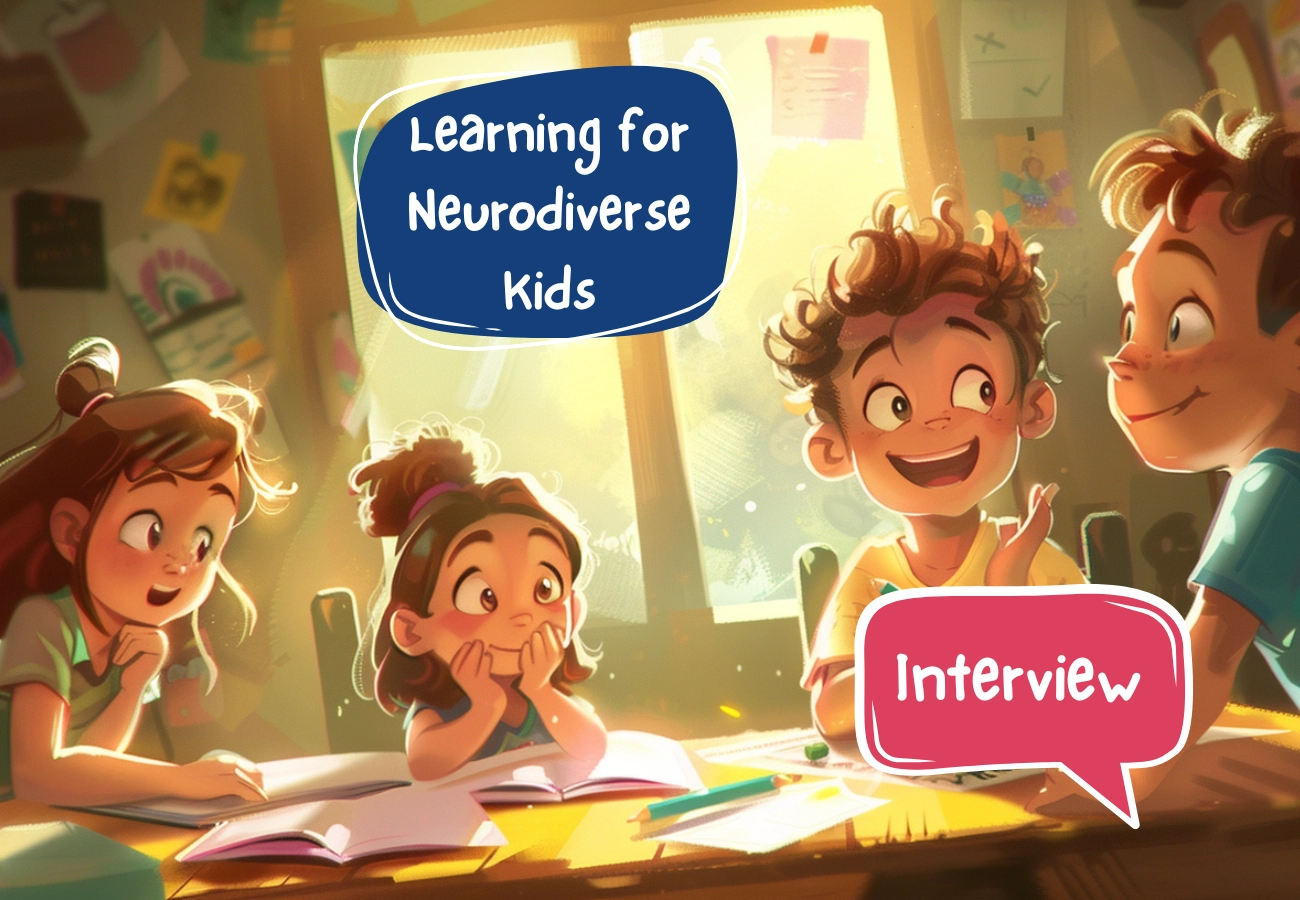
Creating Joyful Learning for Neurodiverse Kids: A Homeschooling Mom’s Journey with Alicia Ortego Books
A New Path in Education We always love hearing how our books support children and parents around the world. Recently, we spoke with a mom of three neurodivergent boys and the founder of Backyard Academy. Every day, she looks for creative ways to approach learning and parenting, and she shared with us how Alicia Ortego’s […]
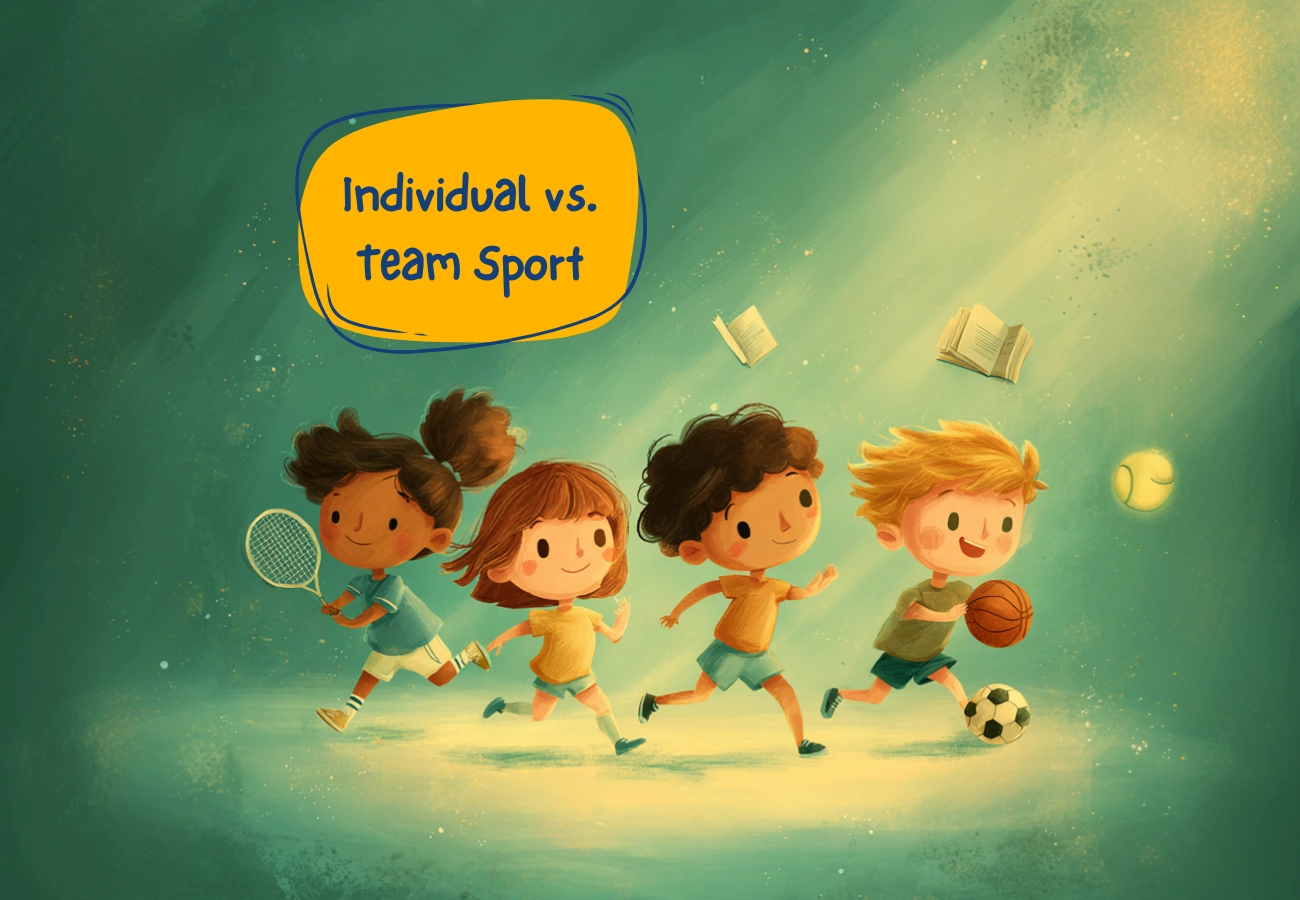
Individual vs. Team Sport Activities for Your Kids: Pros and Cons
Helping children stay active and healthy often starts with sports. But deciding between individual or team sports can be tricky. Each type offers unique experiences and developmental benefits, but also has potential drawbacks. Understanding the differences can help you make informed choices based on your child’s personality, interests, and abilities. What Are Individual Sports? Individual […]
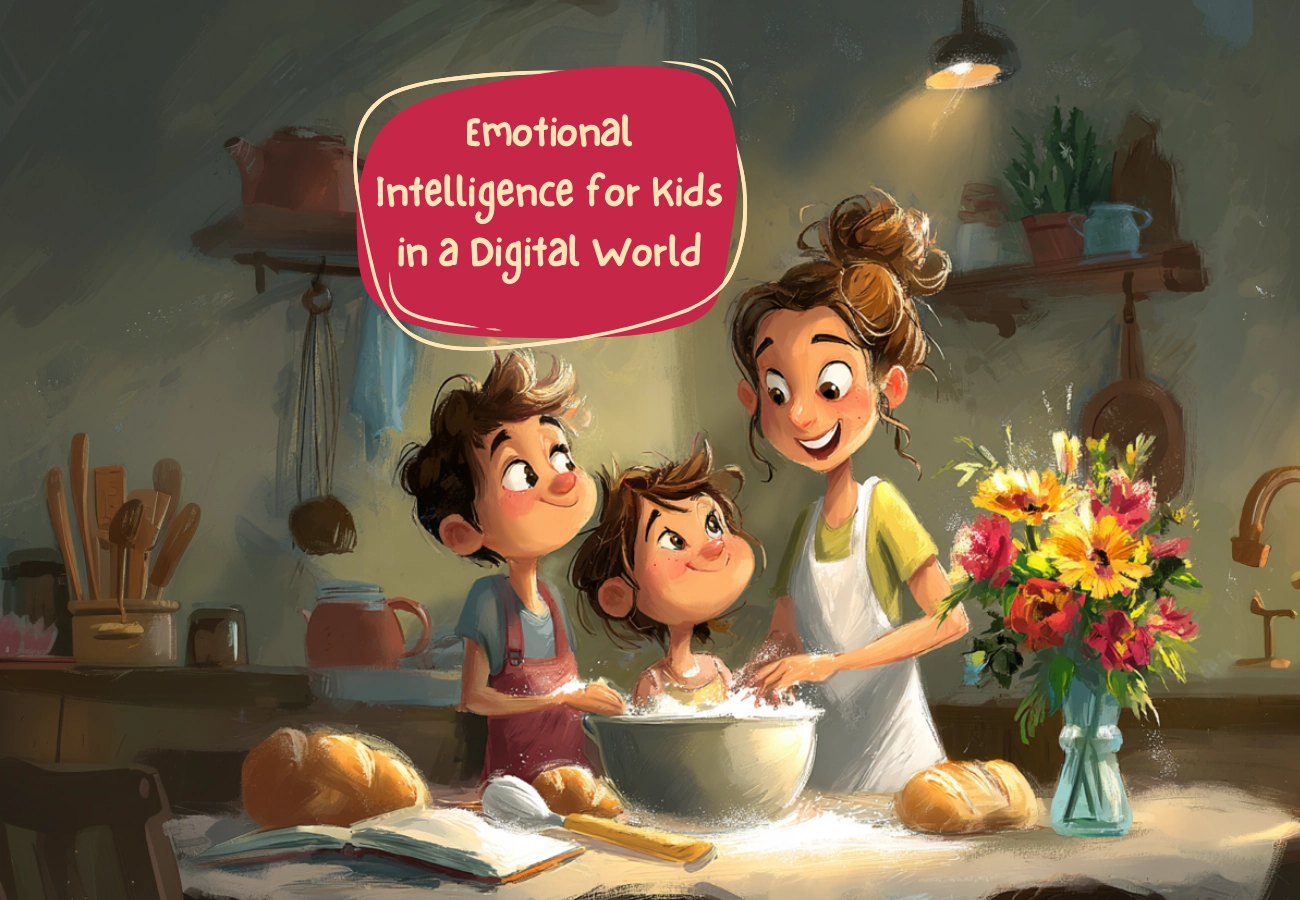
How to Nurture Your Child’s Emotional Intelligence in the Digital Age
Raising children today is nothing like it was in the 90s. Children in the 90s spent the majority of their time playing outdoors with neighbors or going to the local library or the beach. In that era, screen time mostly centered around TV, cable, or video games. But things are quite different in 2025. Kids […]



